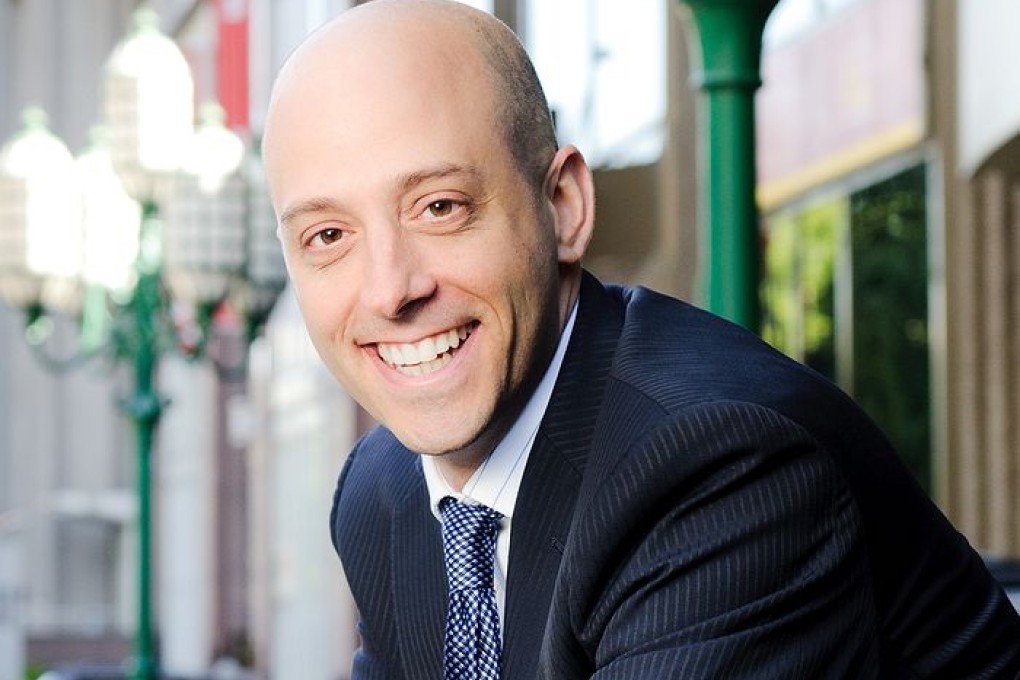Waste-to-biofuels technology ready for global rollout
Breakthrough technology developed by Enerkem converts a multitude of waste material into renewable fuel and chemicals, making it possible to replace the use of petroleum in a wide range of products. The innovation has been tested and validated over the past 13 years and is coming into full-scale commercial production at the Edmonton Waste Management Centre this year.

Breakthrough technology developed by Enerkem converts a multitude of waste material into renewable fuel and chemicals, making it possible to replace the use of petroleum in a wide range of products. The innovation has been tested and validated over the past 13 years and is coming into full-scale commercial production at the Edmonton Waste Management Centre this year.
"Feedstock flexibility is the key aspect in the energy world of tomorrow," says Vincent Chornet, Enerkem's president and CEO. "This is what we are offering to the world."
The company's proprietary technology can use municipal solid waste (MSW), biomass, natural gas, industrial and commercial waste, and a host of otherwise non-recyclable garbage as feedstock.
Its 25-year partnership with the city of Edmonton in Alberta to convert MSW into cellulosic ethanol will allow the city to divert 90 per cent of MSW from landfills, compared to 60 per cent being recycled or composted. It will also ease supply bottlenecks for ethanol, which is in high demand globally due to renewable fuel mandates.
One Enerkem standard facility can produce 38 million litres of biomethanol or cellulosic ethanol annually from 100,000 tonnes of waste. The modularised systems make it easy to expand capacity for any combination of biomethanol and ethanol.
Biomethanol, a raw material for many plastics and chemicals, is a higher-value product in markets such as Asia.
Waste Management and Valero Energy, among North America's largest industry players, are strategic partners in Enerkem's rollout across Canada and the United States.
Enerkem welcomes similar synergies with established players in Asia, especially state-owned industrial partners with ethanol licences and key links with municipalities across China. It is also eyeing partnerships in Singapore, South Korea and Japan.
"Our facilities offer communities a solution to sustainably manage their waste," says Marie-Helene Labrie, vice-president for government affairs and communications. "This can help countries diversify their energy portfolio, reduce greenhouse gas emissions and stimulate economies."
www.enerkem.com